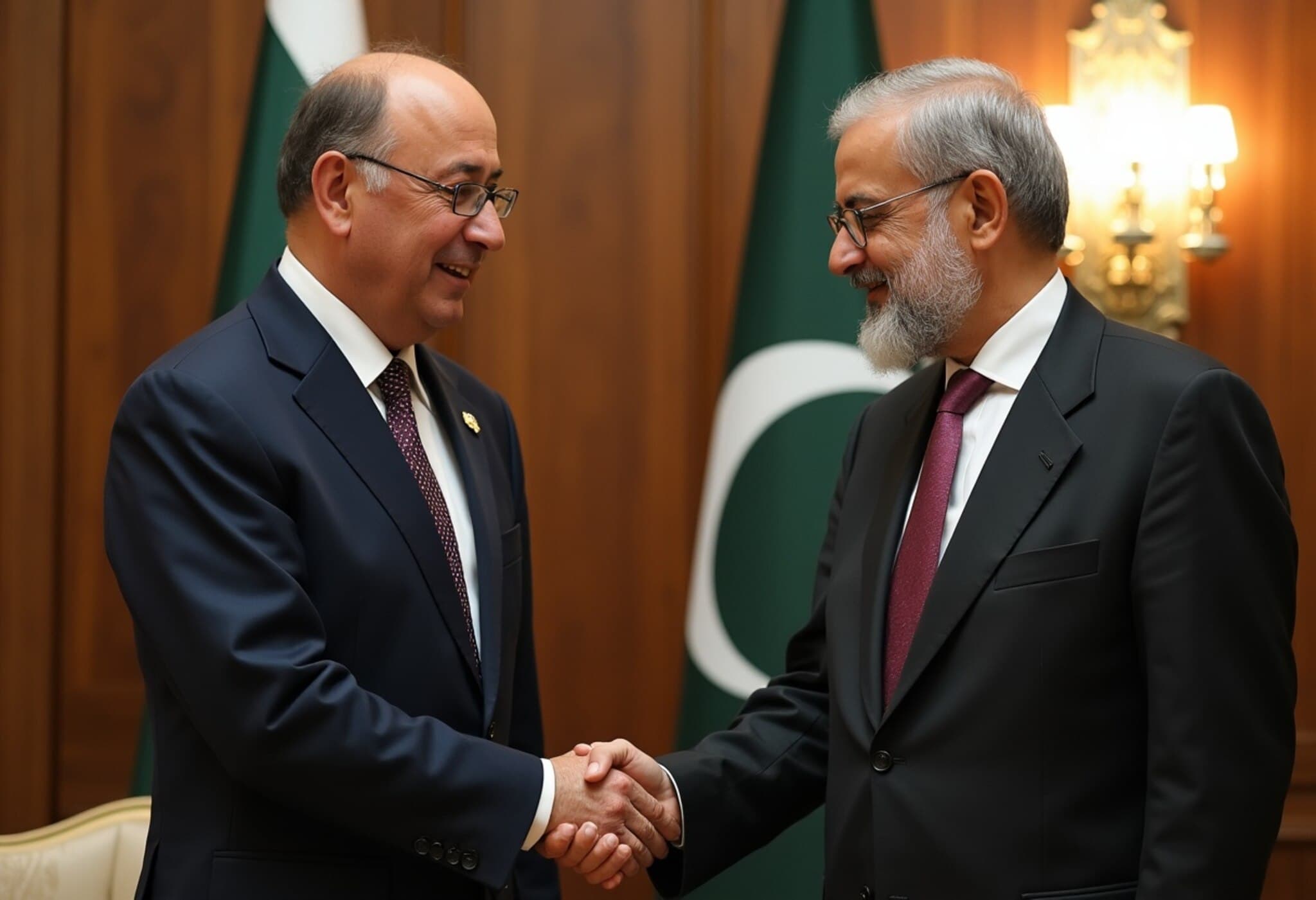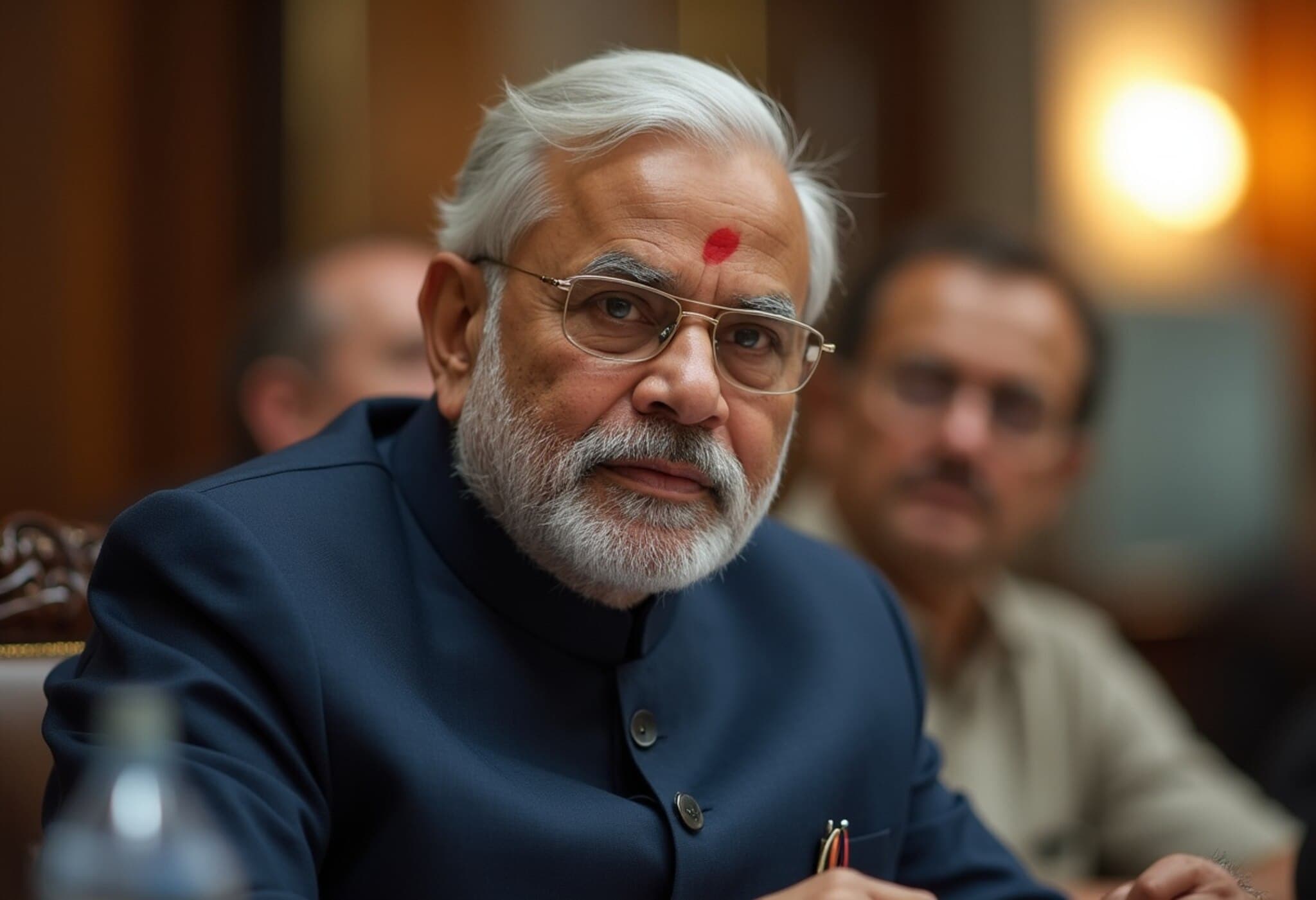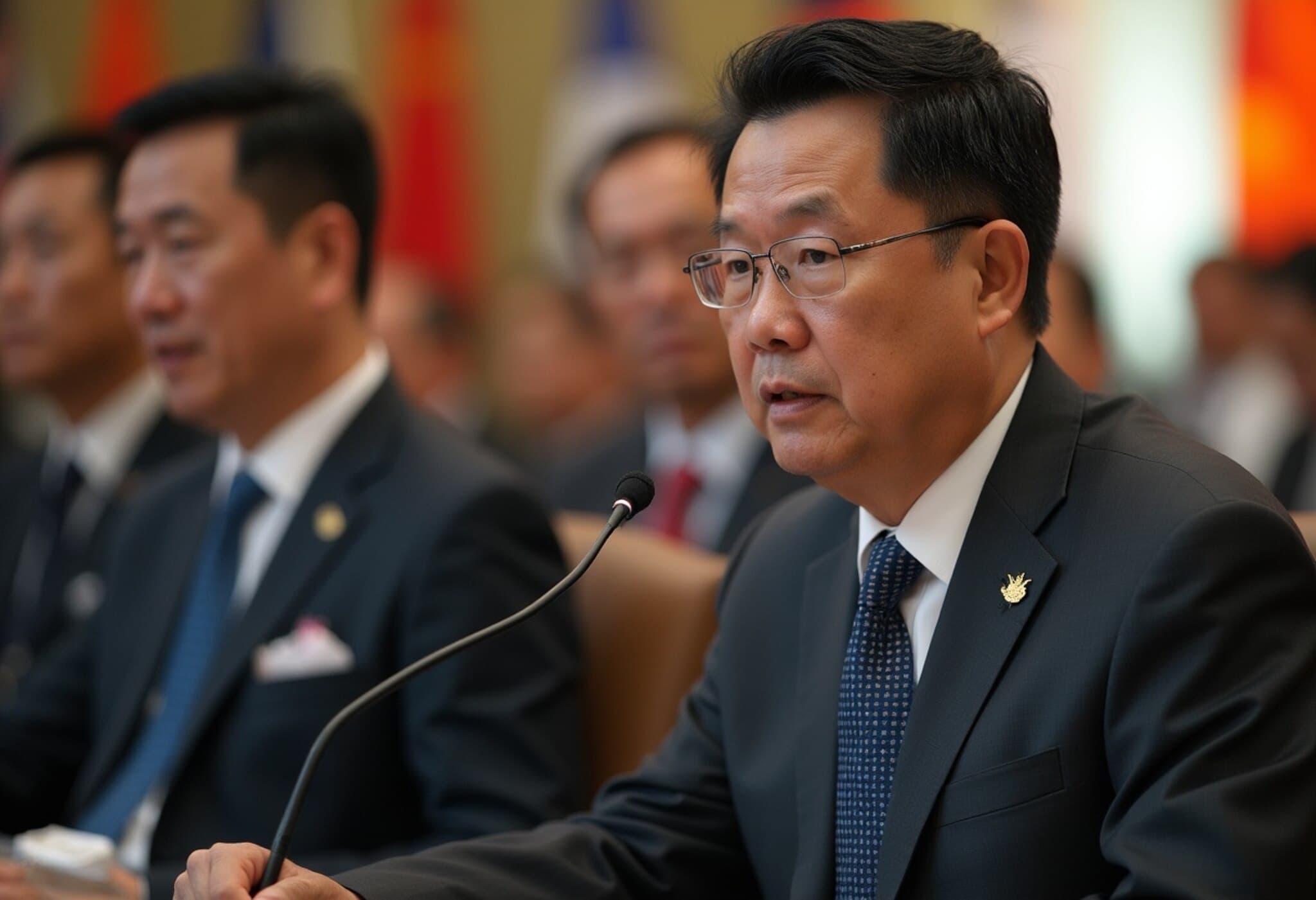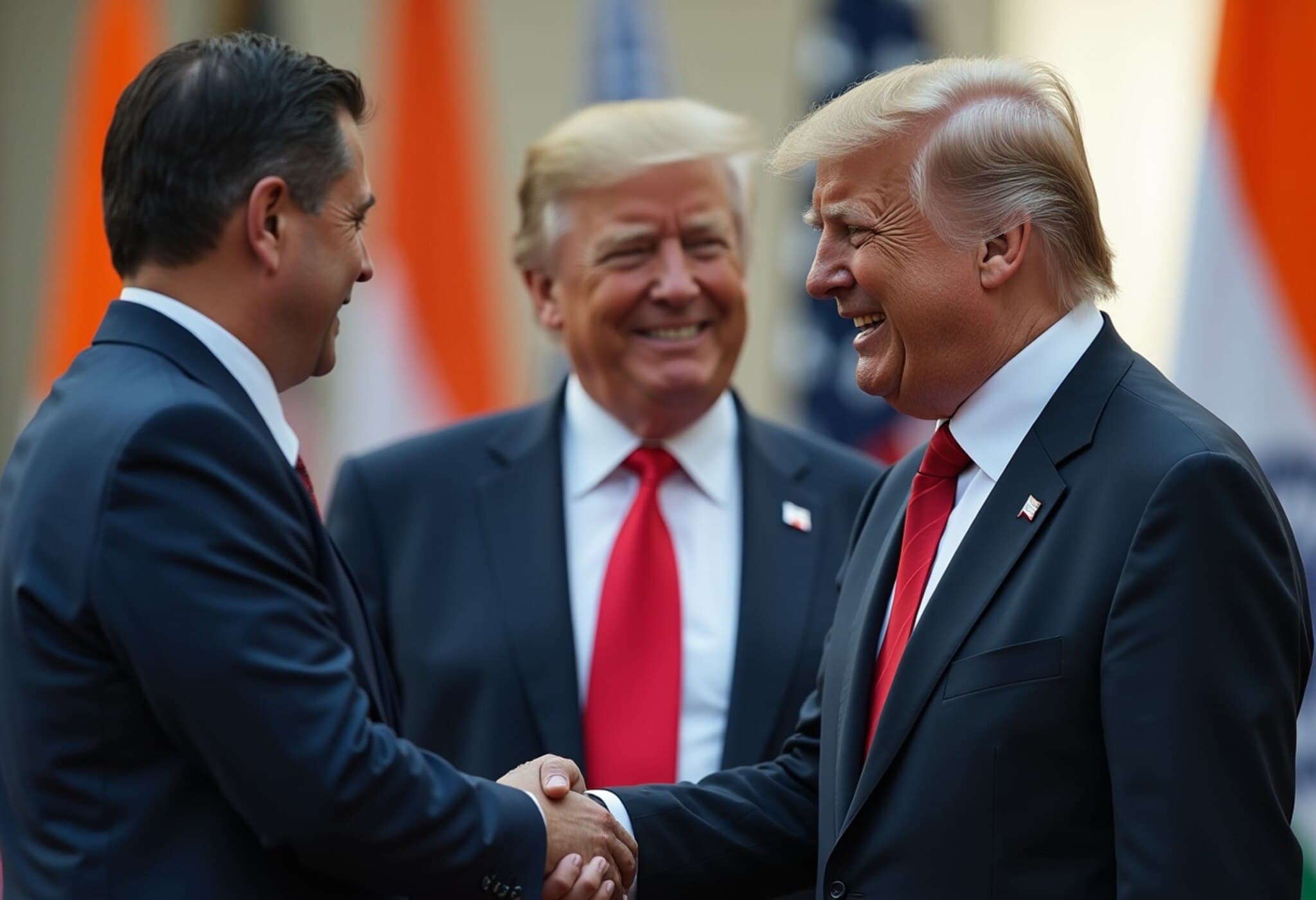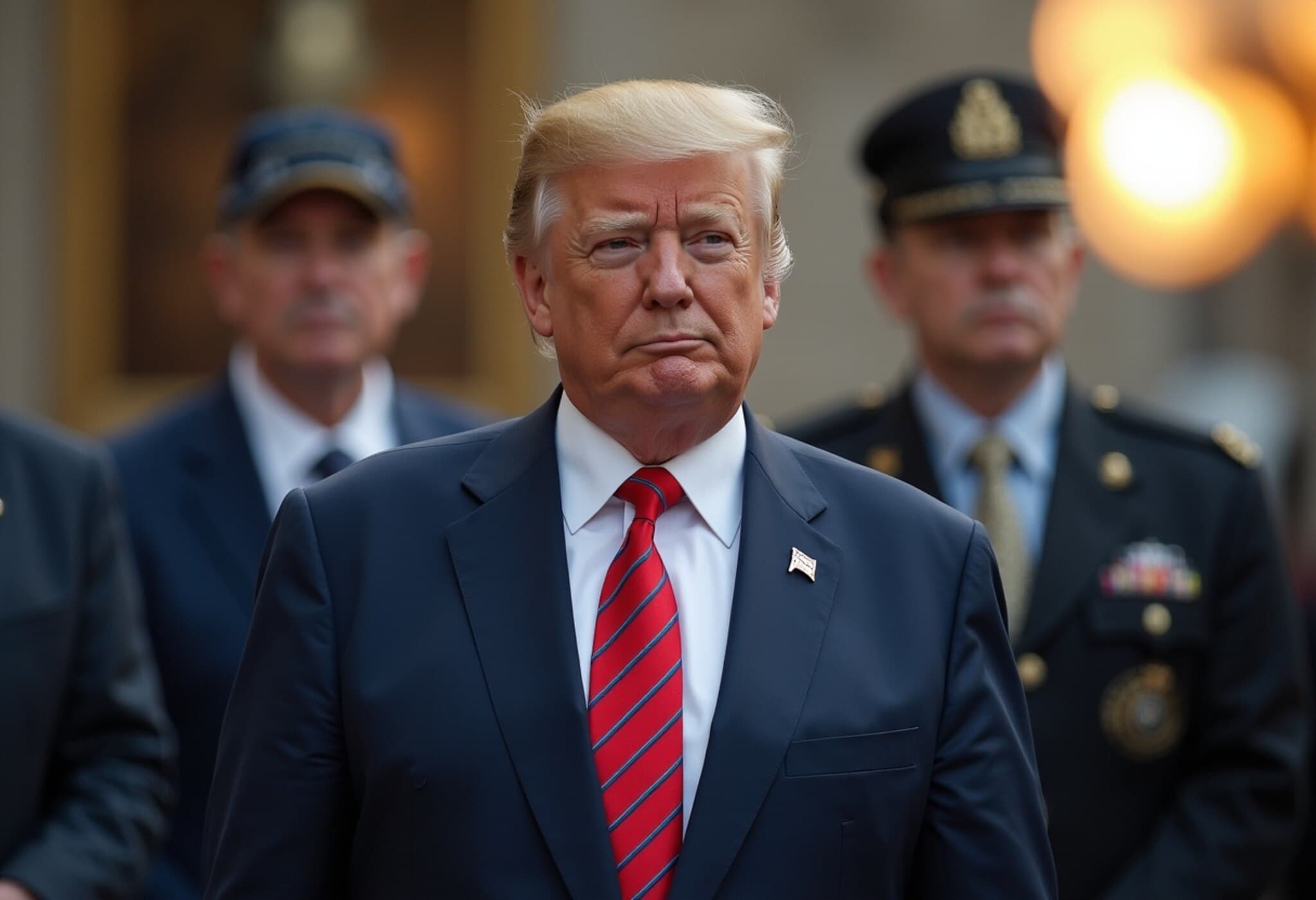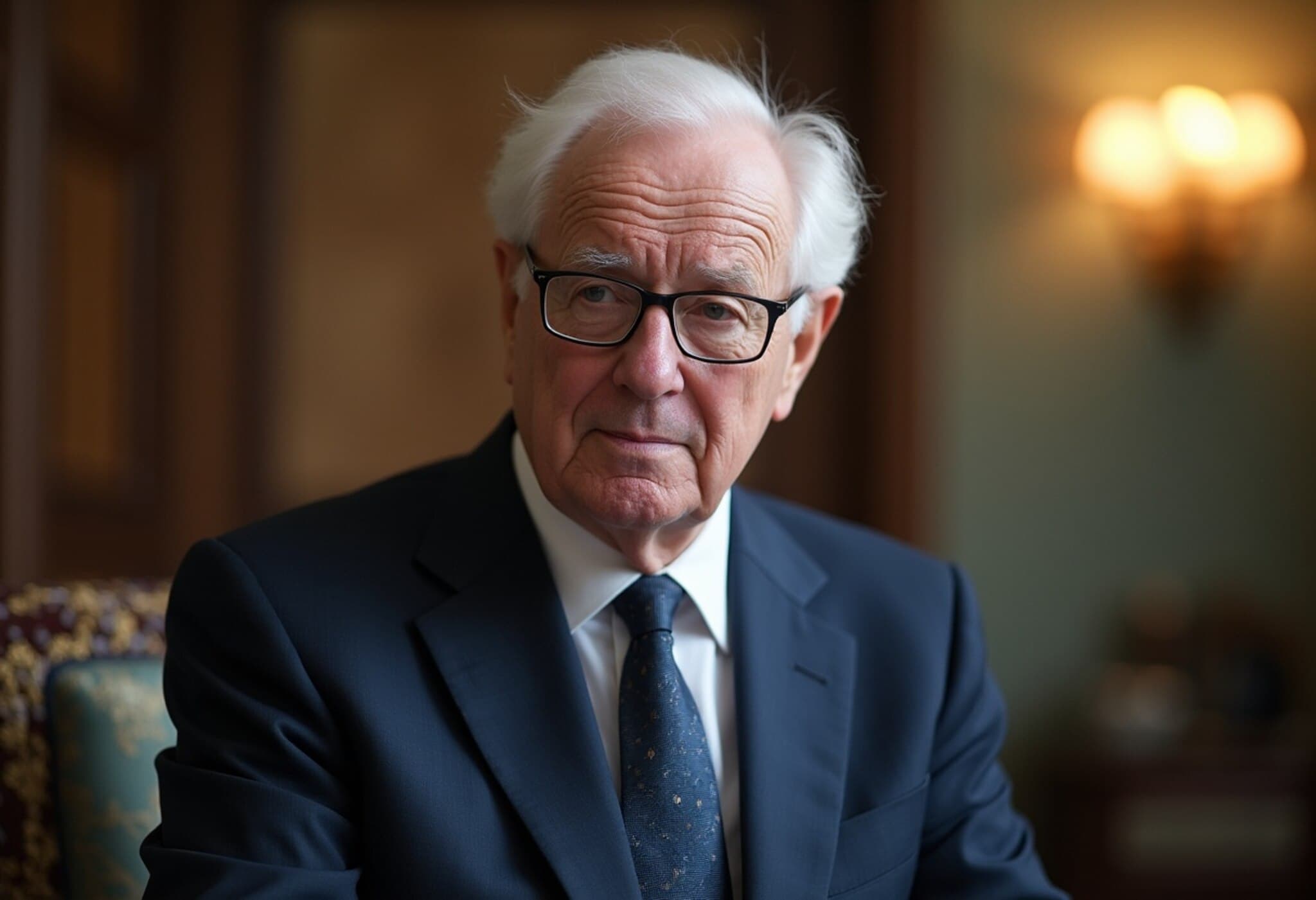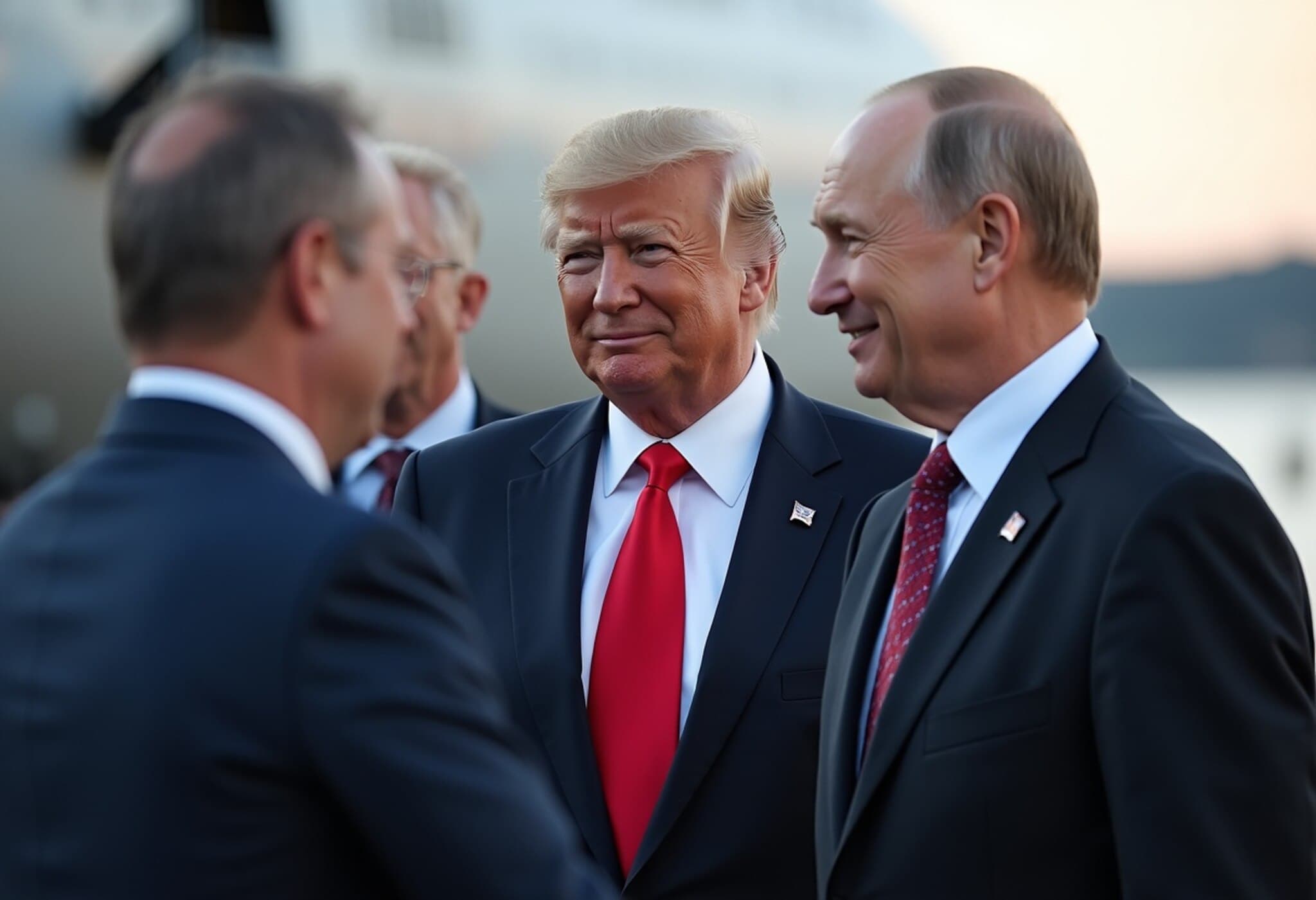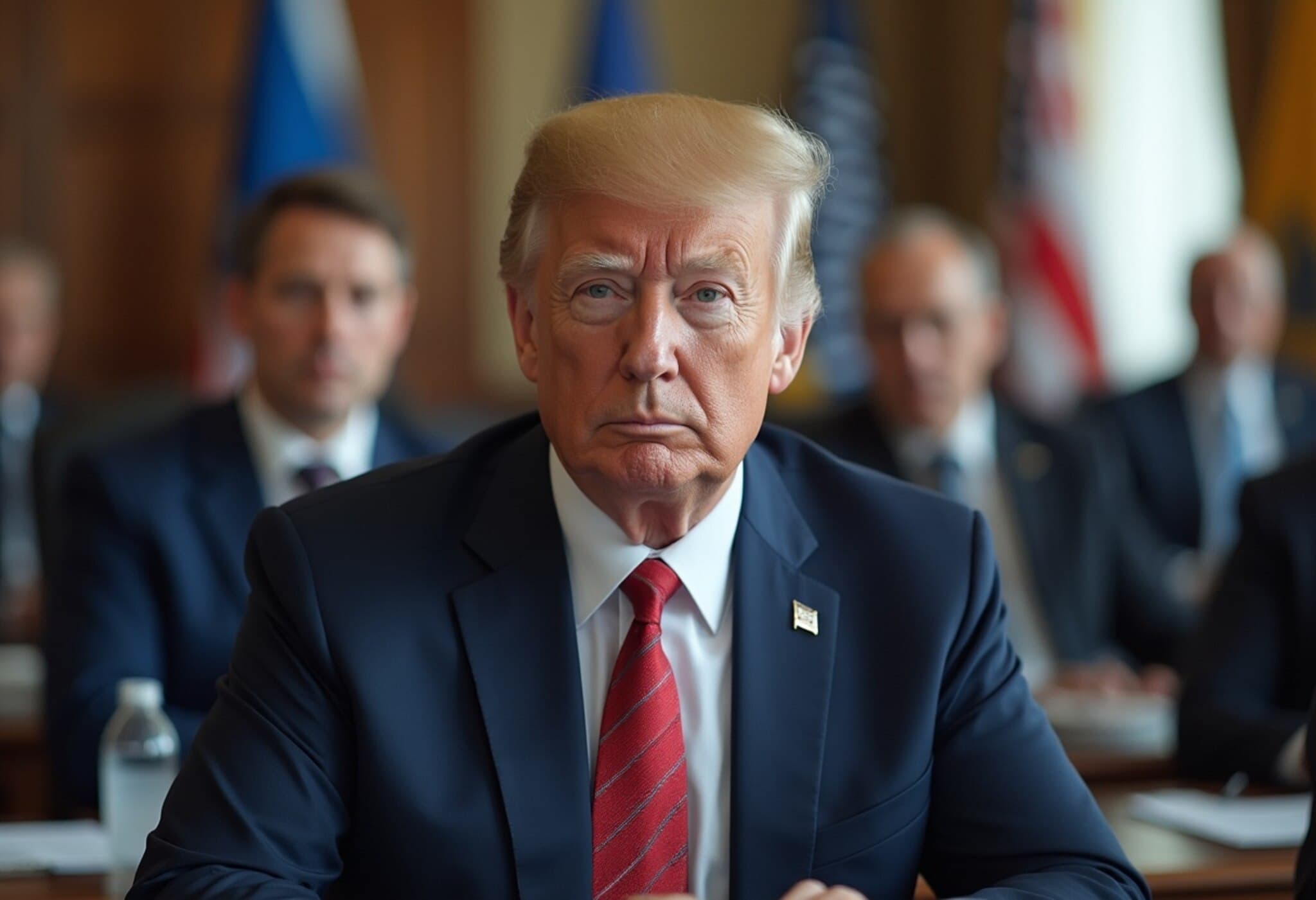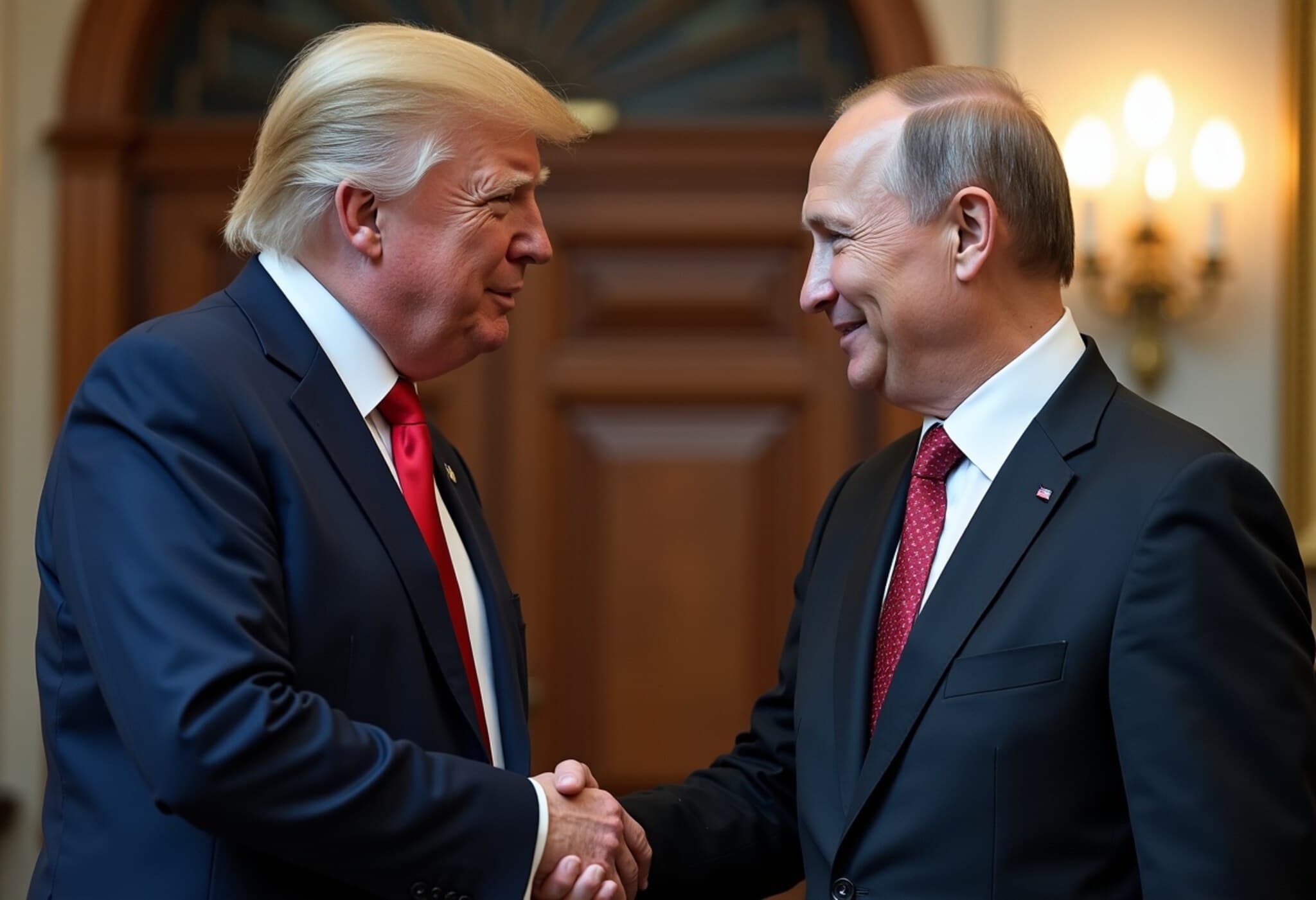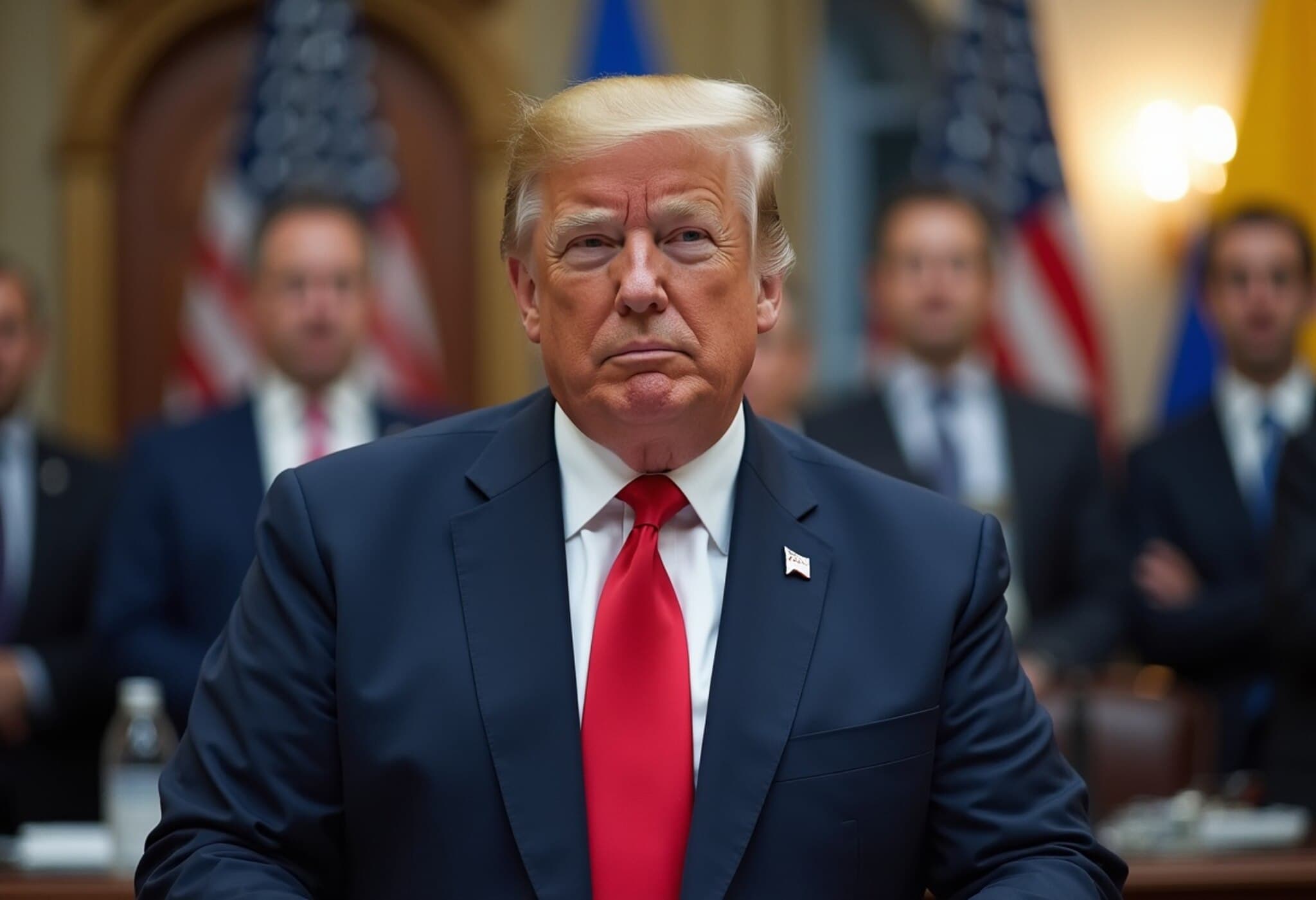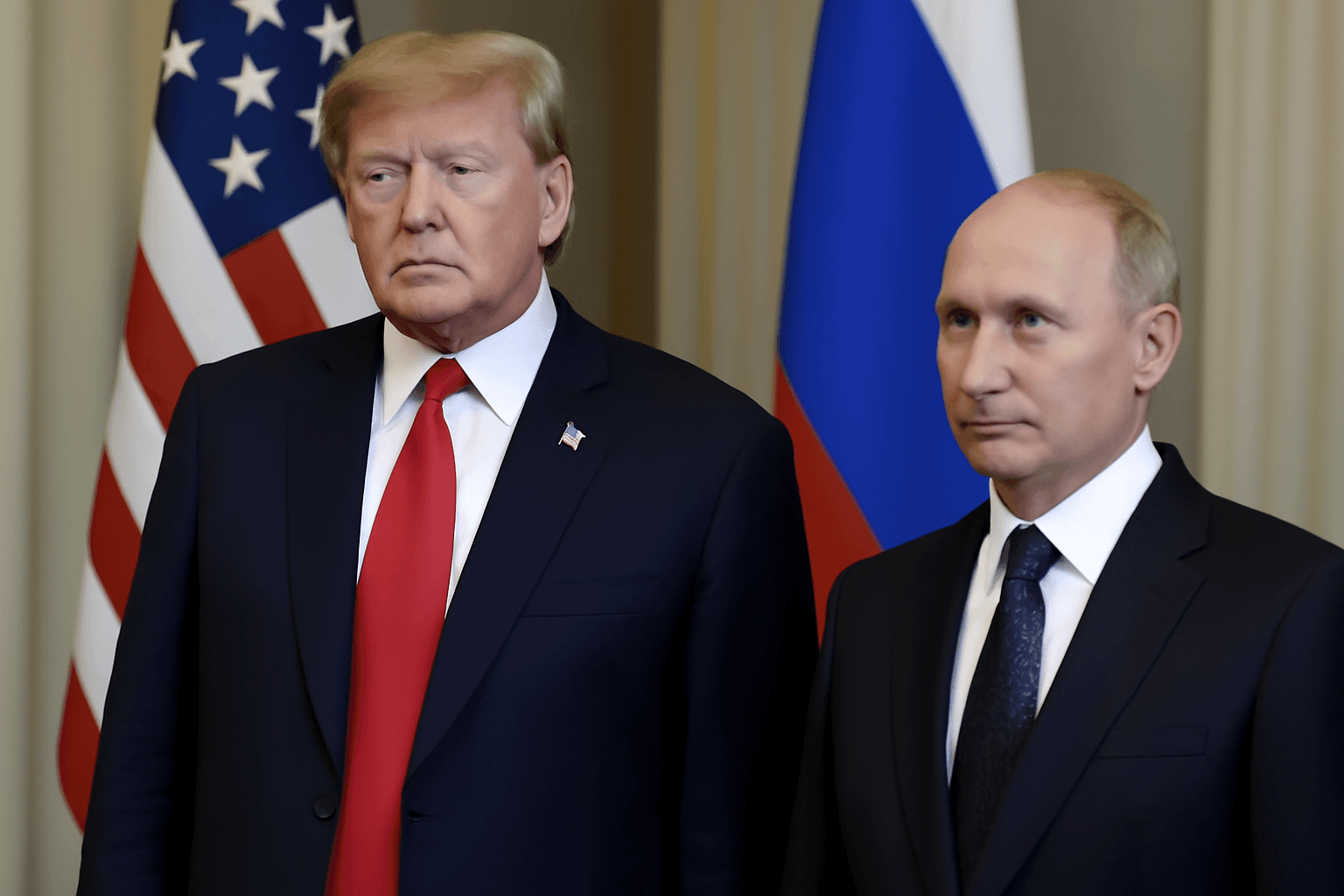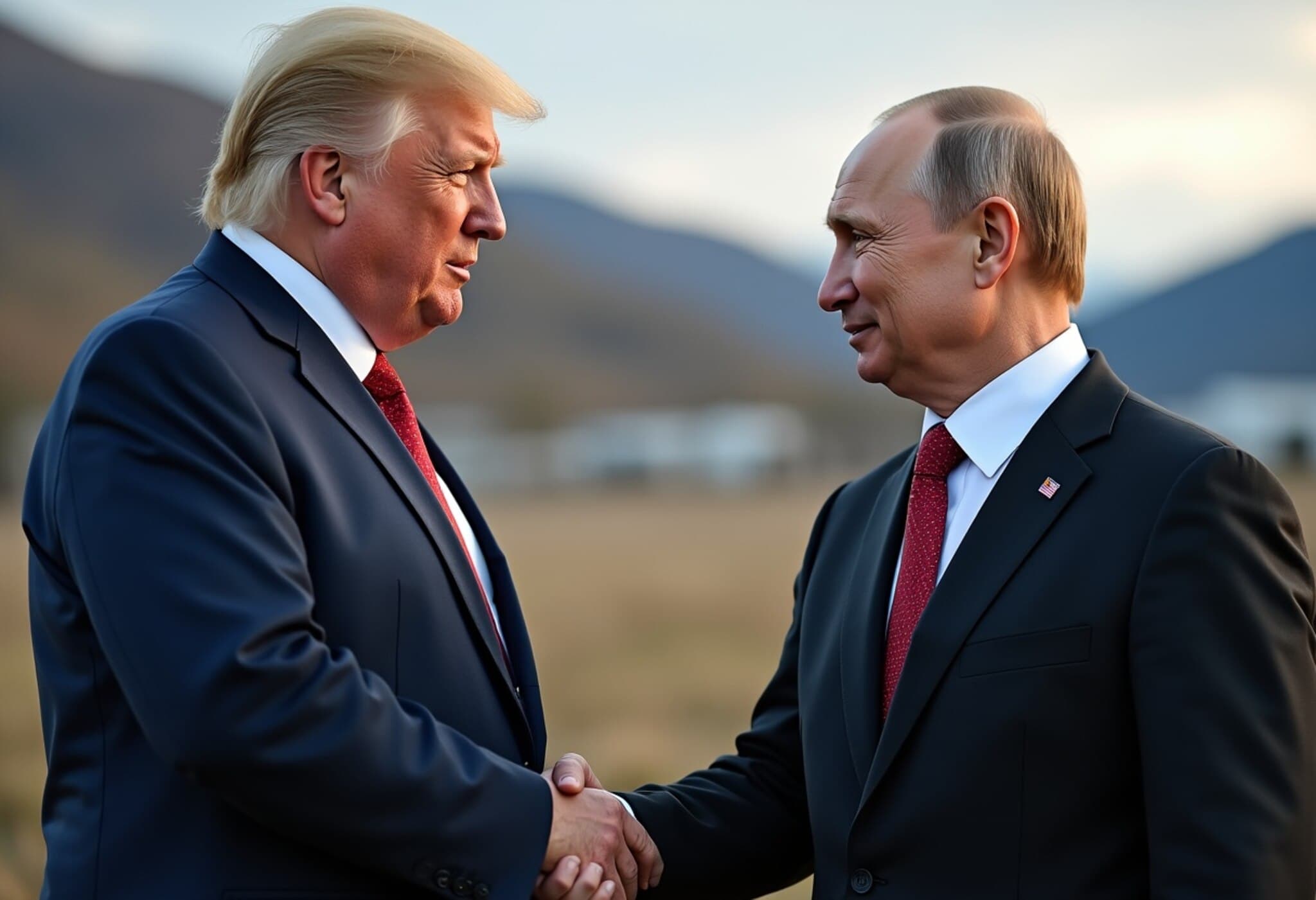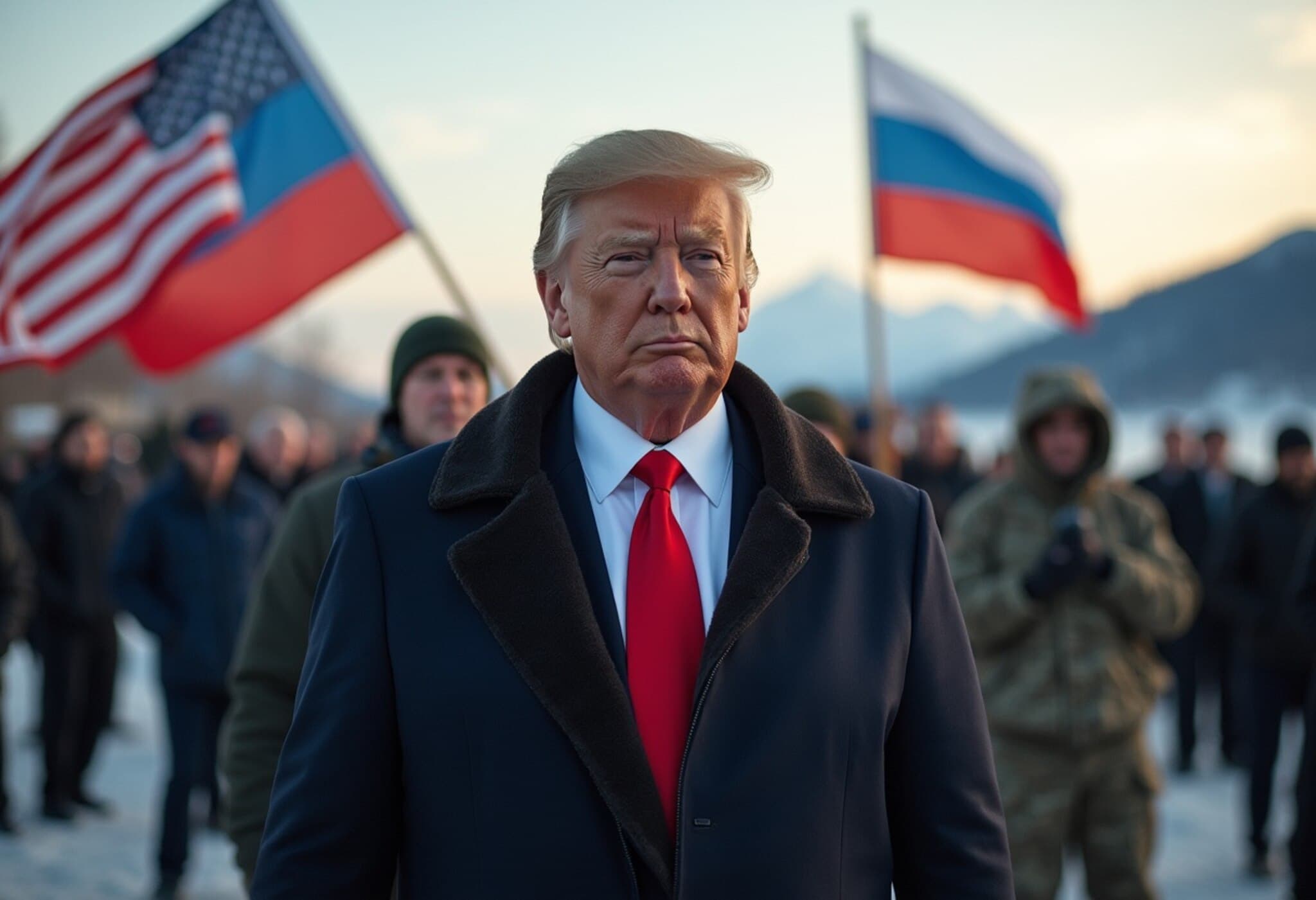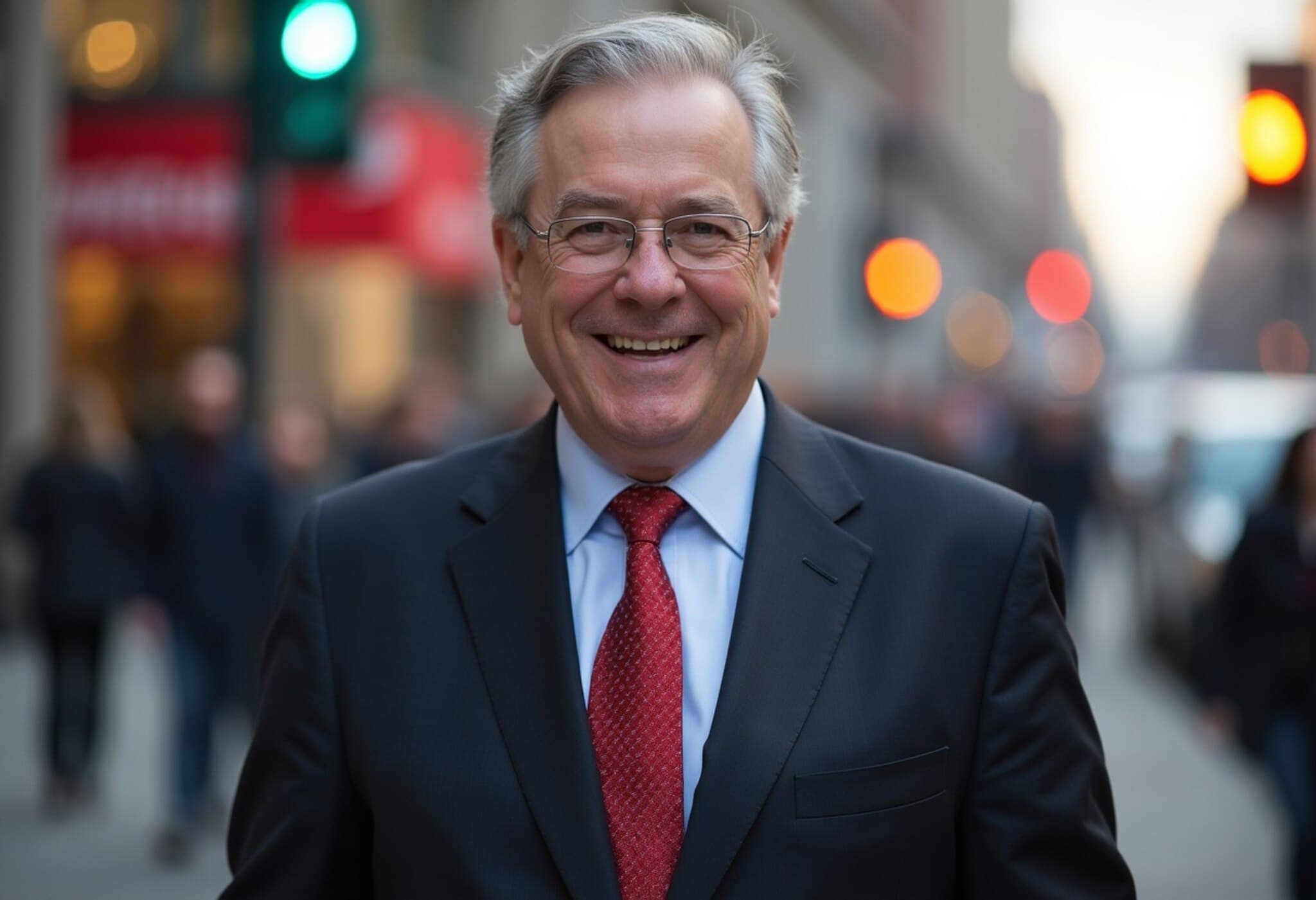Alaska Summit: A Diplomatic Stage or a Genuine Step Toward Peace?
On August 15, 2025, the world’s eyes were fixed on a high-profile meeting in Anchorage, Alaska, where former US President Donald Trump and Russian President Vladimir Putin engaged in talks amid the ongoing Ukraine conflict. The event stirred a complex mix of hope, skepticism, and underlying geopolitical currents. Despite three hours of discussion, no concrete breakthroughs emerged, leaving key questions about the summit's true impact.
In an exclusive interview with Firstpost, Dr. Hanna Shelest, Security Studies Programme Director at Prism UA and Editor-in-Chief of Ukraine Analytica, offers a nuanced understanding of how Ukrainians perceive these talks and what awaits in the upcoming Trump-Zelenskyy meeting.
Warm Welcome But Frosty Reception
The red carpet reception for Putin in Alaska was a carefully choreographed display meant to set a respectful tone for the discussions. Yet, Dr. Shelest points out that while such protocol gestures aim to facilitate diplomacy, the warmth was largely unwelcome in Ukraine, where Putin is widely seen as a war criminal. “In Ukrainian eyes and even among many Americans, such a reception seemed inappropriate given ongoing sanctions and the war’s toll,” she explains.
Interestingly, this spectacle found fertile ground in Russian state media where it has been leveraged as propaganda to paint Putin as a respected global leader. This contrast highlights the persistent divide in narratives around the conflict.
The Diplomatic Dance: Cooperation Without Consensus?
Putin’s call to “turn the page” with the US on issues like trade and global security was, according to Dr. Shelest, largely rhetorical. He argues that Ukraine remains a marginalized topic for Moscow in these talks, pushed aside for broader global power plays involving China and Iran. However, this sidelining risks overlooking the conflict’s deep consequences, especially for European security paradigms.
Notably, the summit press conference omitted any mention of a ceasefire, reflecting Moscow’s disinterest in halting hostilities at this juncture. Dr. Shelest contrasts Putin’s public endorsement of a quick settlement with the real-time military actions: an onslaught of Russian drones and missiles against Ukraine immediately following the talks. This stark contradiction underscores the complexity and perhaps performative nature of the summit.
Decoding Moscow’s “Legitimate Concerns”
Putin framed Russia’s demands as “legitimate concerns” integral to any peace deal, but experts see this as part of a long-standing Russian narrative aimed at justifying aggression and shifting blame onto NATO and Western allies. Dr. Shelest highlights one notable demand—restricting Ukrainian language education—as emblematic of Russia’s ongoing imperialistic ambitions, extending beyond traditional territorial disputes into cultural sovereignty.
The Exclusion of Ukraine from the Negotiation Table
A significant aspect that raised eyebrows was Ukraine’s absence from the summit itself. While President Zelenskyy is scheduled to meet Trump in Washington, the initial sidelining sends a precarious message about Kyiv’s agency over its own future. Dr. Shelest acknowledges this exclusion but emphasizes ongoing communication channels between Ukraine, the US, and NATO, suggesting that substantive negotiations continue behind the scenes.
European Mediation Under Pressure
Putin’s warning to Europe not to “torpedo” progress is widely interpreted as a veiled admonition aimed at key EU powers like France and Germany. Dr. Shelest interprets this as a strategic attempt to fracture transatlantic solidarity by sowing distrust between Europe and the US. The European role as mediators and translators of Ukraine’s position has been pivotal, making them targets of Russian disinformation campaigns.
Trump’s Nostalgia and Its Realities
Putin’s endorsement of Trump’s claim that the war could have been averted had he been president back in 2022 is, according to Dr. Shelest, a diplomatic maneuver more than a factual assessment. She points out that former President Biden also faced criticism for perceived softness toward Russia, and that this rhetoric serves to manipulate egos and public sentiments rather than reflect substantive policy differences.
Conclusion: Performance Over Progress?
Summing up the Alaska Summit, Dr. Shelest describes it as a “performance for domestic audiences” rather than a genuine step toward peace. The reiteration of longstanding Russian demands and the absence of a ceasefire commitment reveal the deep-rooted challenges still to be addressed.
Editor’s Note: The Alaska talks underscore a persistent tension in international diplomacy—balancing rhetoric with real-world impact. As Ukraine braces for its pivotal meeting with Trump and watches ongoing military developments, the summit’s legacy remains uncertain. Key questions linger: Can diplomacy break through entrenched narratives? Will Ukraine’s voice gain the prominence it deserves? And how will European and American strategies evolve in this protracted conflict? These are the critical conversations shaping not just regional stability but global security architecture.


